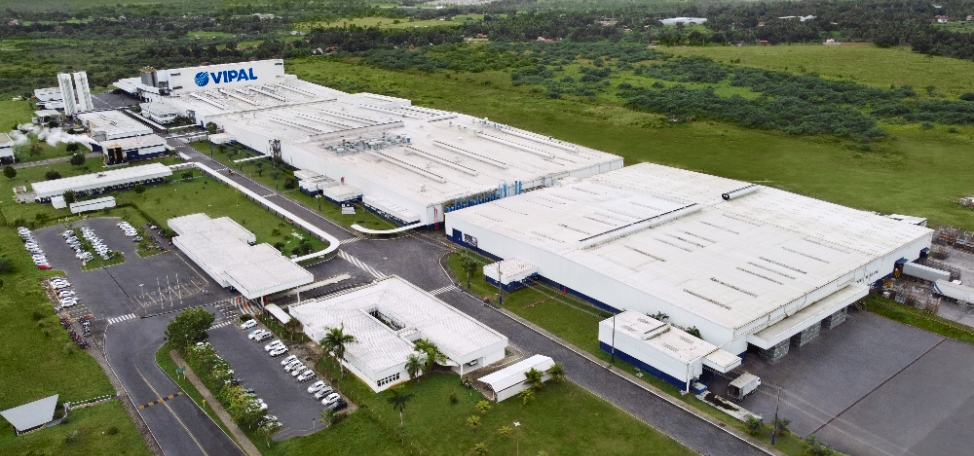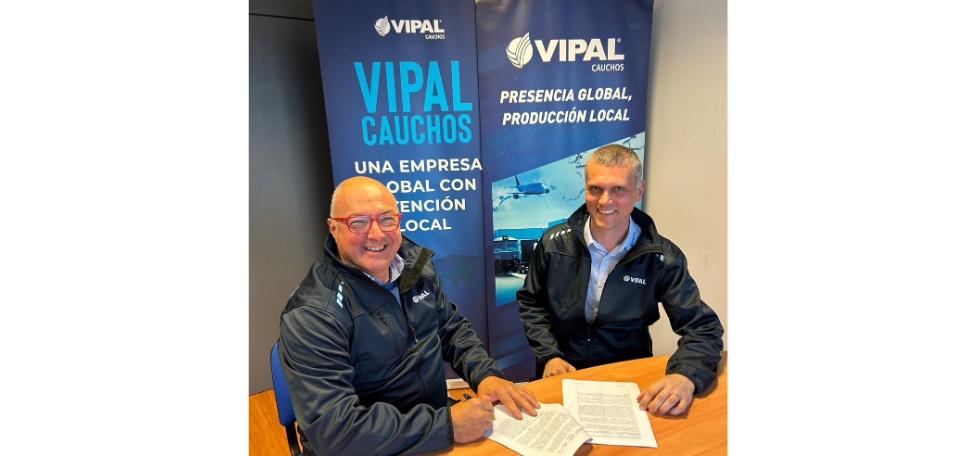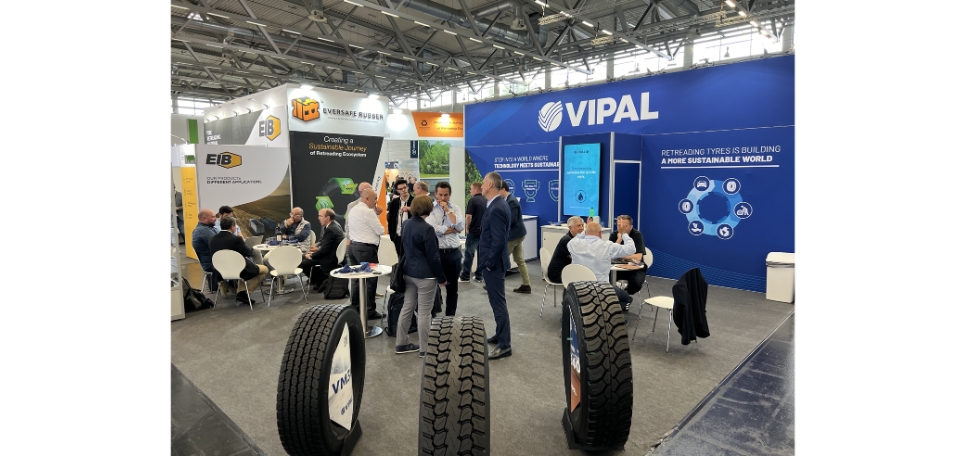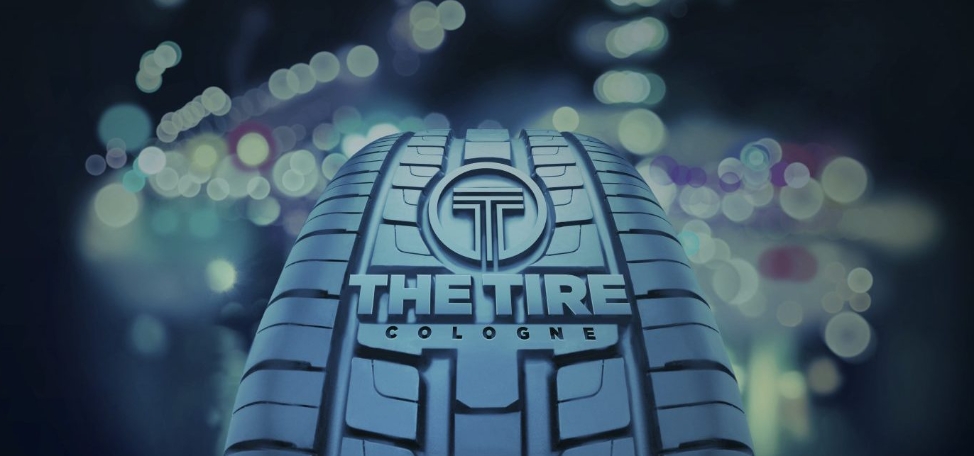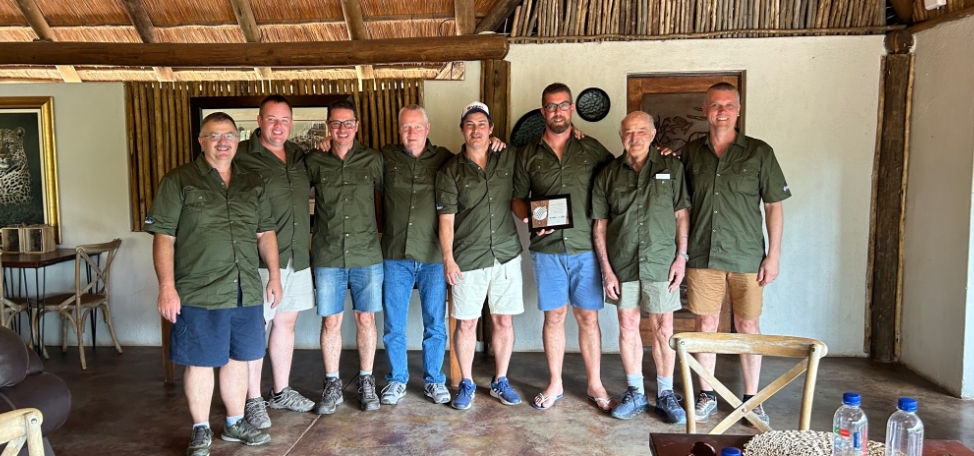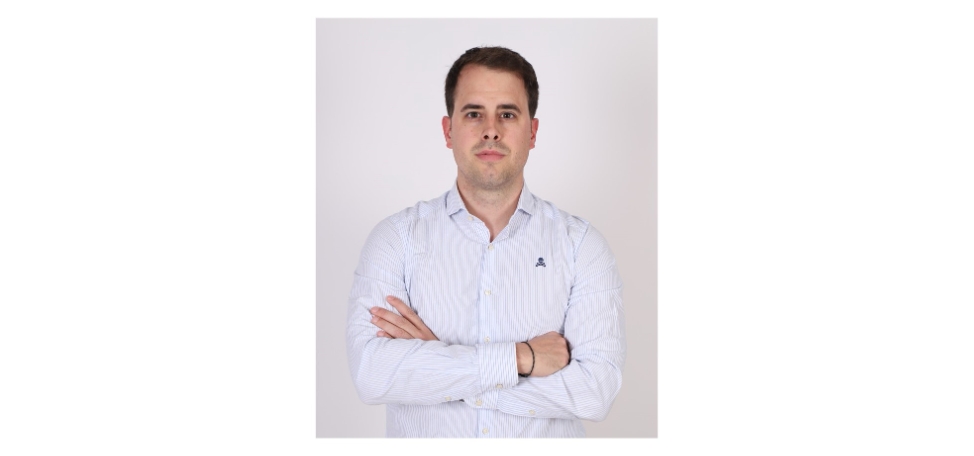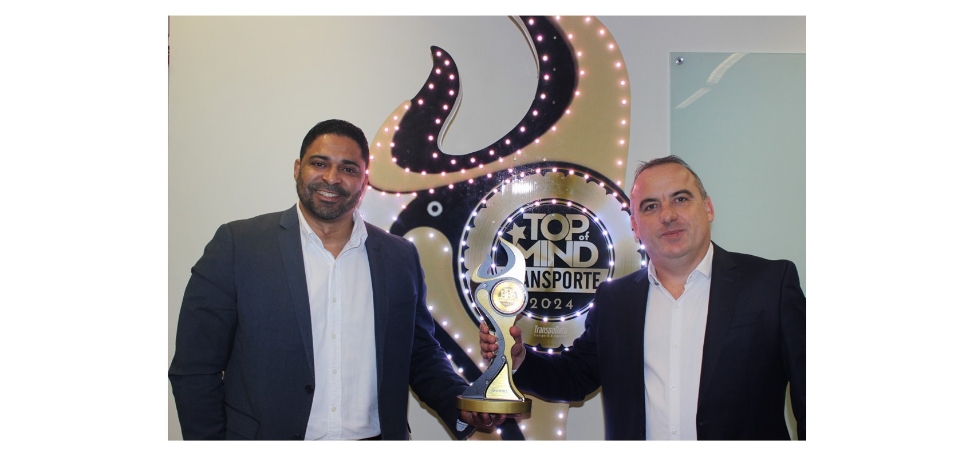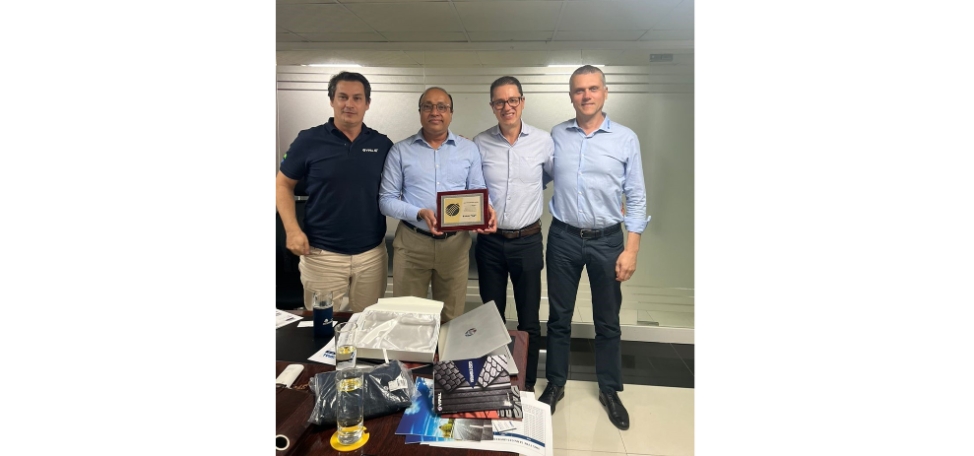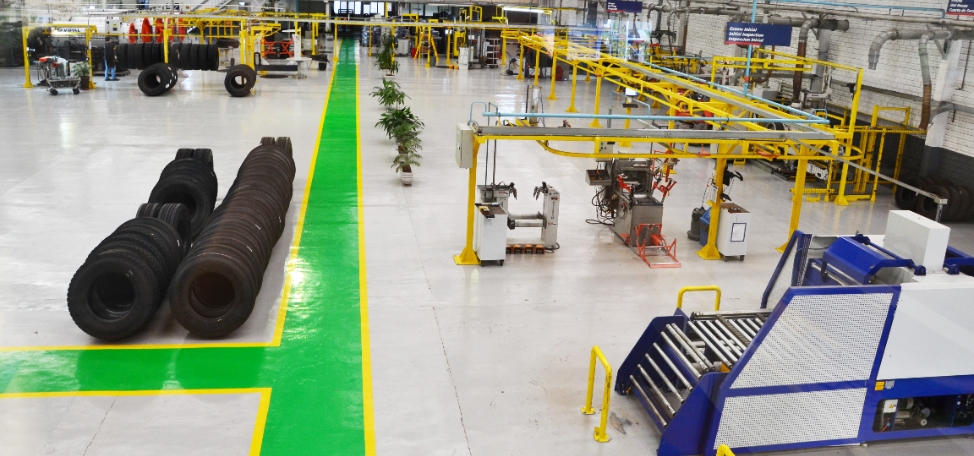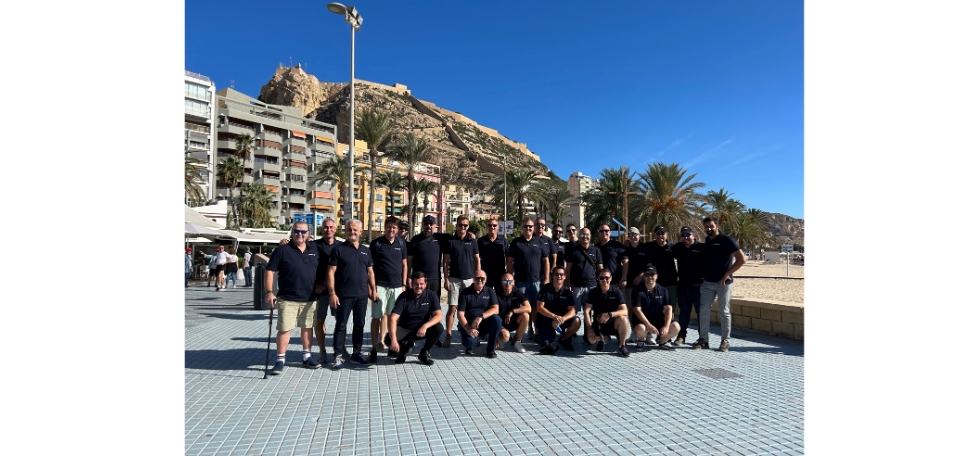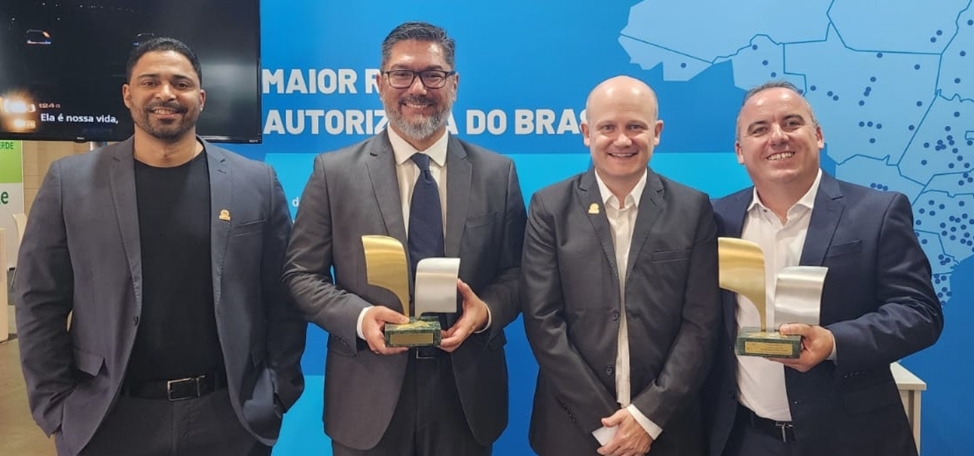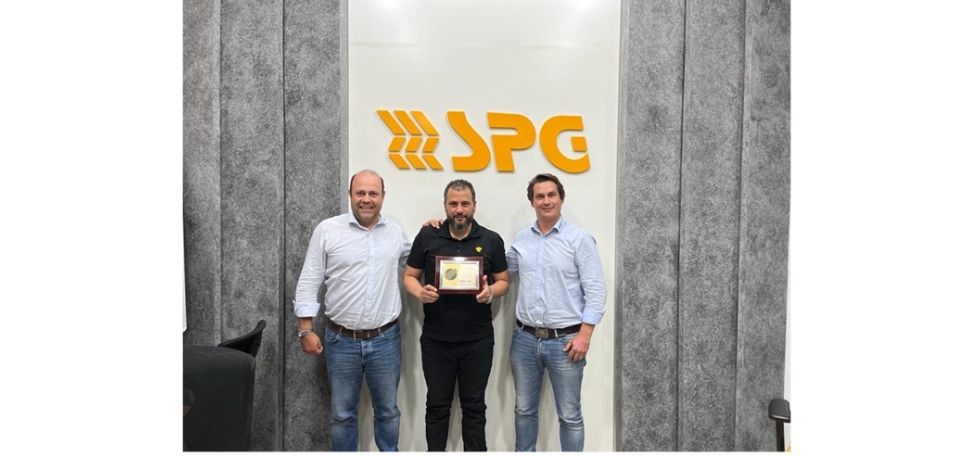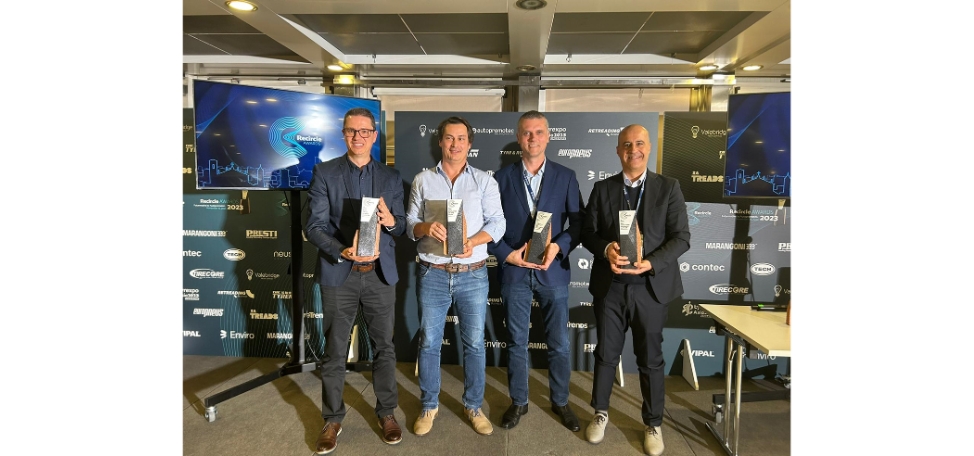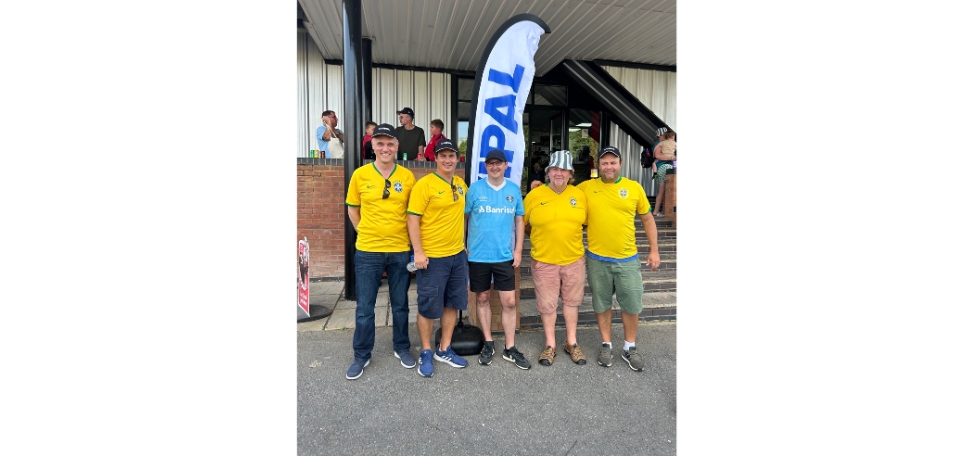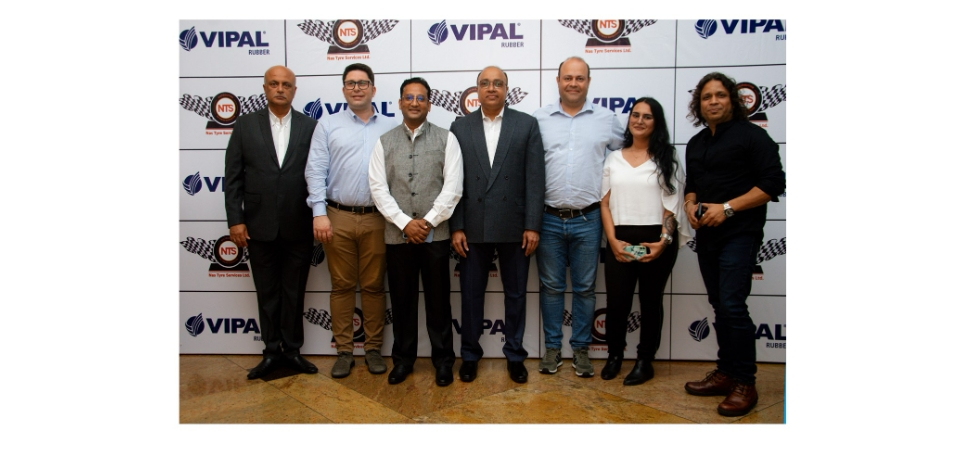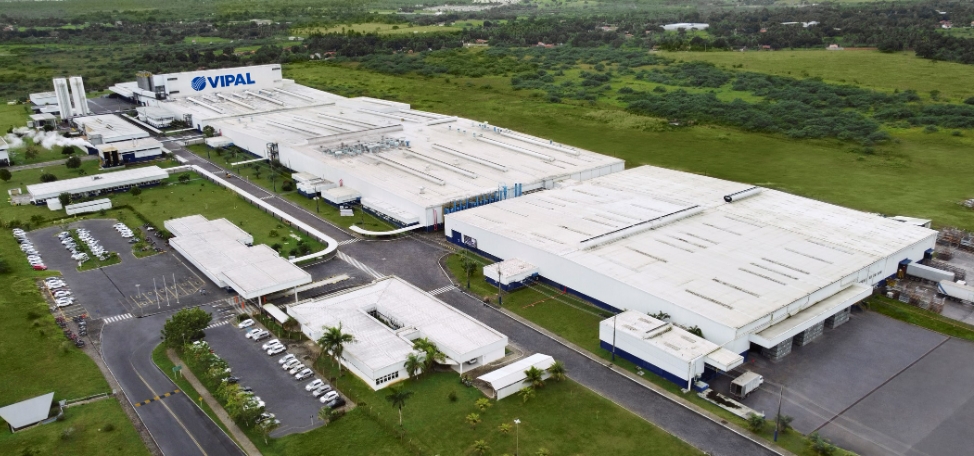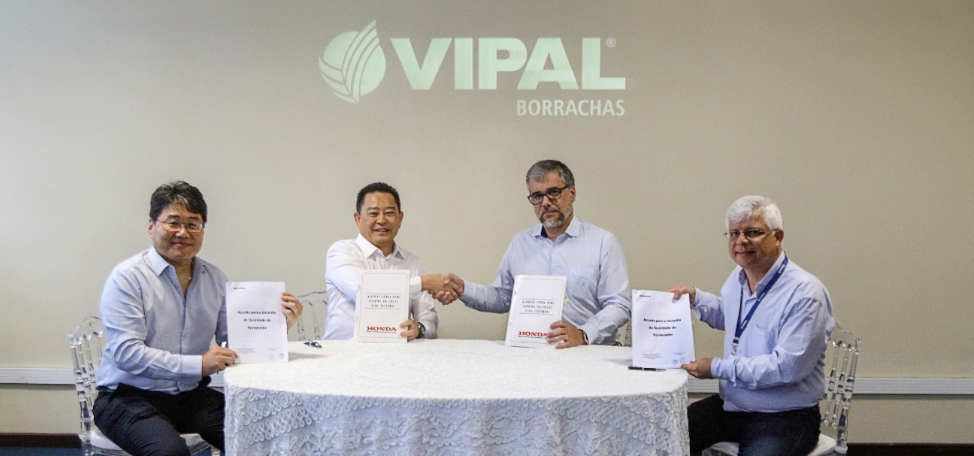It was at a gas station in 1960 that Vicencio Paludo found the opportunity that would make him start the company that is now fifty years old, Vipal Rubber. The only one in the world with a complete line of products for retreading and repairing of passenger, commercial, agricultural and Off the Road (OTR) tyres. The company was born from a latent need: to offer trucking industry a solution to their tyre problems. From the first patches, going through the production of camelbacks, treads, and tyre retreading machines, to the manufacture of new tyres for motorcycles, one of the largest rubber manufacturers in the world emerges.
Son of the founder and current Chairman of the Board of Directors of Vipal Rubber, Arlindo Paludo – now 76 years old – is moved by remembering the operation that started small, officially in 1973, and today is a world reference in its market. ‘We were born with the goal of being close to our customers and partners, offering the best solutions to generate savings and high performance for companies through tyre retreading. Our growth is based on the search for continuous innovation, genuine teamwork and a lot of determination’, he adds.
In 2005, Vipal started its operations in Europe, opening an office in Spain. Today, the company has three distribution centres - Valencia (Spain), Felixstowe (United Kingdom) and Nova Gorica (Slovenia) - which serve all of Europe, the Middle East and the African continent and respond to the growth of exports in these regions.
The company has five factories in Brazil, one in Argentina and one in the United States – the world's largest tyre retreading market. In Brazil, there are three in Nova Prata (RS), one in Feira de Santana (BA) and another in Lagoa Santa (MG). In Argentina, Vipal´s factory was opened in 2020 in Perez. On U.S. soil, the facility is in Madison, Tennessee. Together, they have an installed capacity of more than 20,000 tons per month, as well as a physical structure of almost 230,000 square metres.
Over the last five decades, Vipal Rubber has consolidated itself in the world market and formed the largest network of authorised retreaders in Latin America, today composed of more than 250 highly qualified companies. The installation of branches and 15 distribution centres located in Argentina, Australia, Brazil, Chile, Colombia, Mexico, United States, Spain, Slovenia, and England demonstrate the size of the internationalisation of the brand, present in more than 90 countries around the world.
The company also celebrates the date with the beginning of the supply of tyres to one of the largest motorcycle manufacturers in Brazil, after several tests of durability, safety, resistance, and performance. ‘This recognition attests to the differential of our tyres, and puts us on another level, together with global leaders’, says Renan Patricio Lima, Vipal Rubber CEO.
Building the brand and looking to the future
The trajectory of Vipal Rubber began even before its foundation. In 1960, the frequent disposal of tyres in good condition caught the attention of Vicencio Paludo and made him acquire three retreading machines to offer new life to the used tyres. At the time, repair products were almost all imported and difficult to obtain. With experience in the field, Vicencio then begins to produce them and, gradually, the repairs gain prominence in the region, preparing the ground so that, in 1974, the first Vipal Rubber factory was opened, in Nova Prata (RS).
From there, innovations gain frequency. In 1986 Vipal begins the manufacture of products for hot cure tyre retreading with the launch of the camelback line – die size rubber, which is placed together with the tyre on presses, vulcanizing and creating a new tread design. The following year, the Vipal Technical Centre takes shape, with the aim of training specialised professionals in tyre retreading. The initiative was a precursor so that, years later, with the expansion of technical assistance, the Vipal Corporate University (Univipal) emerged. With 10 years of existence, Univipal has trained more than 68,000 students, through presential and online activities, maintaining more than 70 courses focused on the rubber market.
In 1991 it comes the time for the line of precured tread, cushion gum and envelope, marking the beginning of the manufacture of products for cold cure tyre retreading. Gradually, the portfolio is increased to position the company as the only one in the world with a complete line of products for retreading and repair of passenger, commercial, agricultural and Off the Road (OTR) tyres.
One of the major drivers for building Vipal's leadership in the domestic and Latin American markets was the launch of its Authorised Network in 1997. Formed by highly qualified retreaders, today there are more than 200 retreaders in Brazil, and surpassing the mark of 250 throughout Latin America.
In 1998, the second factory in Nova Prata (RS) is opened and, the following year, the first precured treads with exclusive designs are launched, designed to ensure the best performance in each type of tyre, also a highlight in the history of the company. In 2009, the line of eco treads appears, with the great differential of guaranteeing up to 10% of fuel economy, through retreaded tyres, reducing costs for the transport companies.
Faced with so many innovation fronts, the following year Vipal inaugurates the Research and Technology Centre in Nova Prata (RS), with the objective of evaluating and homologating 100% of the raw materials and suppliers. Today, this Centre is one of the most modern in the world in the tyre retreading market, with 13 laboratories and the performance of more than 50 different types of tests, generating more than 28,000 annual tests.
If in the market of retreading and repair Vipal already became a name to be remembered, in 2012 the company takes another step and enters the market of new tyres, more specifically the two-wheeled market, launching its first tyre for motorcycles. The company continues to grow and, in 2016, began its own manufacture of tyre retreading machines, which already appears with greater embedded technology compared to the existing ones in the market. The machines are developed with a focus on high performance by those who know the day to day of the retreaders, in order to increase productivity and reduce operating costs.
Arlindo Paludo highlights the importance of a consistent legacy for a prosperous future. ‘The history of the company is eternal, a successful trajectory that broke barriers and today places us as a reference in the world market. We have come this far thanks to our tireless team of employees, who are dedicated to delivering the best to our customers. They are the most special part of this path, after all, it is for them that we work every day,’ he says.
About Vipal
Founded in 1973 in Nova Prata, Vipal Rubber is one of the companies with the largest production capacity in the world in the tyre retreading market. In 50 years of history, it has become a leader in Brazil and Latin America, with more than 250 authorised retreaders, more than 200 in Brazil. Today it is a specialist in the rubber industry and the only one with a complete line of retreading and repairs for all types of tyres. In addition, it offers products for industry and manufactures machines for tyre retreading. To supply this market, Vipal has seven factories with an installed capacity of more than 20,000 tons per month, 3,000 employees, and a physical structure of almost 230,000 m². Over the years, Vipal has combined experience with technical knowledge. It has a Corporate University, Univipal, which has already trained more than 68,000 students through face-to-face and online activities, and one of the largest Research and Technology Centres in the world in its market, with 13 laboratories.
Argentina, Paraguay, Uruguay
Bolivia, Chile, Ecuador, Peru
Brazil
Colombia, Venezuela
Mexico & Central America
USA, Canada & Caribbean
English
German
Italian
Portuguese
Spanish

